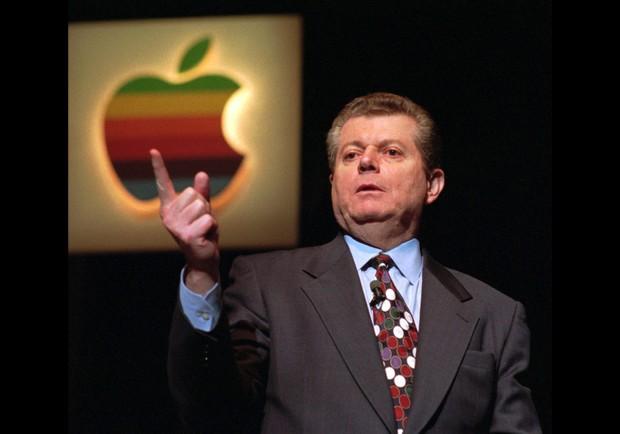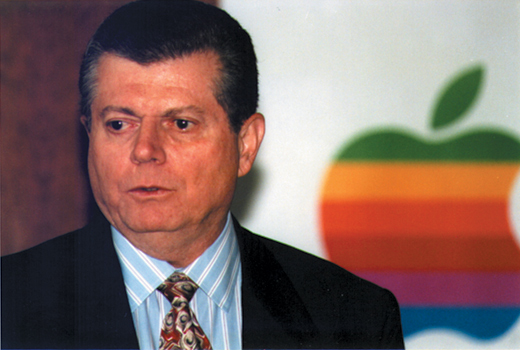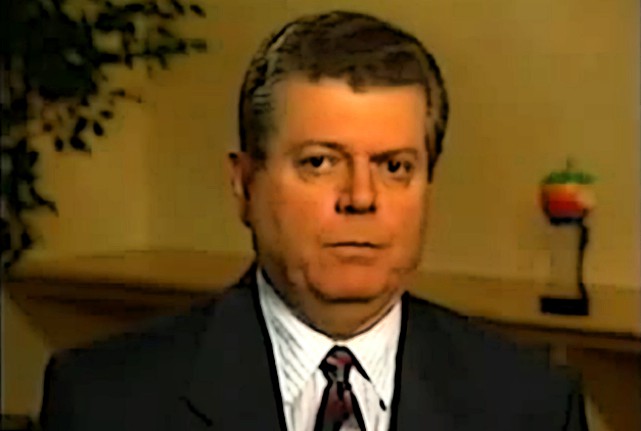The 1997s - at least for most of its duration - was not exactly the most successful period for Apple. June 500 ended and Gil Amelio had spent 56 days in the management of the company. The quarterly loss of $1,6 million contributed greatly to the total loss of $XNUMX billion.
Apple thus lost every cent of its earnings since fiscal year 1991. Out of the last seven quarters, the company was in the red for six of them, and it looked like the situation was hopeless. In addition, on the last day of the aforementioned quarter, an anonymous holder sold 1,5 million of his Apple shares - later it showed, that the anonymous seller was Steve Jobs himself.
At the time, Jobs was already working at Apple as a consultant, and he said in retrospect that he had resorted to it because he had lost all his faith in the Cupertino company. "I basically gave up all hope that Apple's board of directors would be able to do anything," Jobs said, adding that he didn't think the stock would go up in the slightest. But he was not the only person who thought this way at the time.
It could be interest you
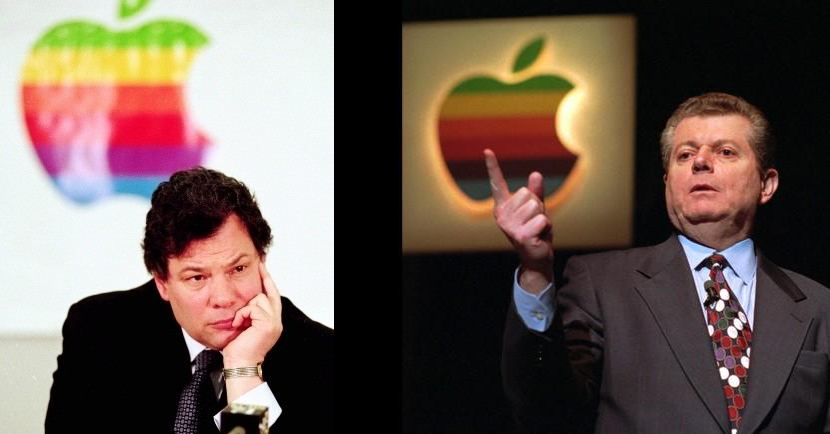
Gil Amelio was initially seen as the master of change, the man who could miraculously revive Apple and lift it back into the world of black numbers. When he joined Cupertino, he had a wealth of experience in engineering and had also demonstrated his abilities with more than one smart, strategic move. It was Gil Amelio who turned down the acquisition offer by Sun Microsystems. For example, he also decided to continue licensing Mac operating systems and managed to partially reduce the company's costs (unfortunately with the help of inevitable personnel cuts).
For these indisputable merits, Amelio was handsomely rewarded - during his time at the helm of Apple, he earned a salary of about 1,4 million dollars, along with another three million in bonuses. In addition, he was also given stock options worth several times his salary, Apple gave him a low-interest loan of five million dollars and paid for the use of a private jet.
The mentioned ideas looked great, but unfortunately it turned out that they didn't work. The Mac clones ended in failure, and the rich rewards intended for Amelia caused more resentment in the context of the personnel purges. Almost no one saw Amelia as the person who would save Apple anymore.
Gil Amelio (CEO of Apple from 1996 to 1997):
In the end, Amelia's departure from Apple turned out to be the best idea. In an effort to replace the aging System 7 operating system with something newer, Apple bought out Jobs' company NeXT, along with Jobs himself. Although he initially claimed that he had no ambitions to become the head of Apple again, he began to take steps that eventually led to Amelia's resignation.
After her, Jobs eventually took over the reigns of the company as a temporary director. He immediately stopped the Mac clones, made the necessary cuts not only in personnel, but also in product lines, and began work on new products that he believed would become hits. To boost morale in the company, he decided to receive a symbolic one dollar a year for his work.
Right at the beginning of the following year, Apple got back into the black again. An era of products such as the iMac G3, the iBook or the OS X operating system began, which helped revive Apple's bygone glory.
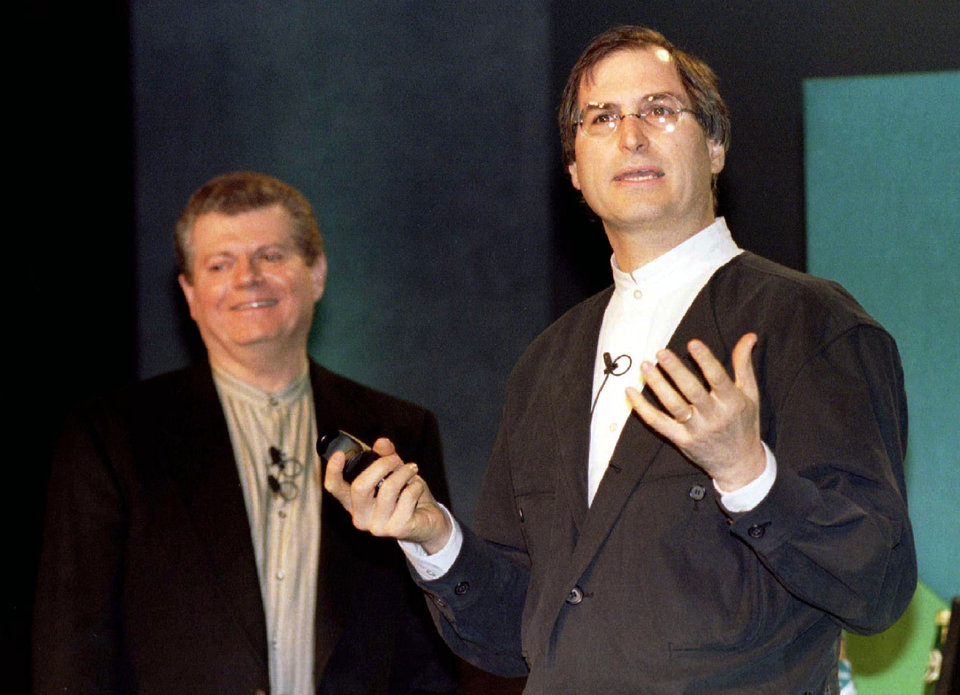
Gil Amelio and Steve Jobs
Sources: Cult of Mac, CNET
